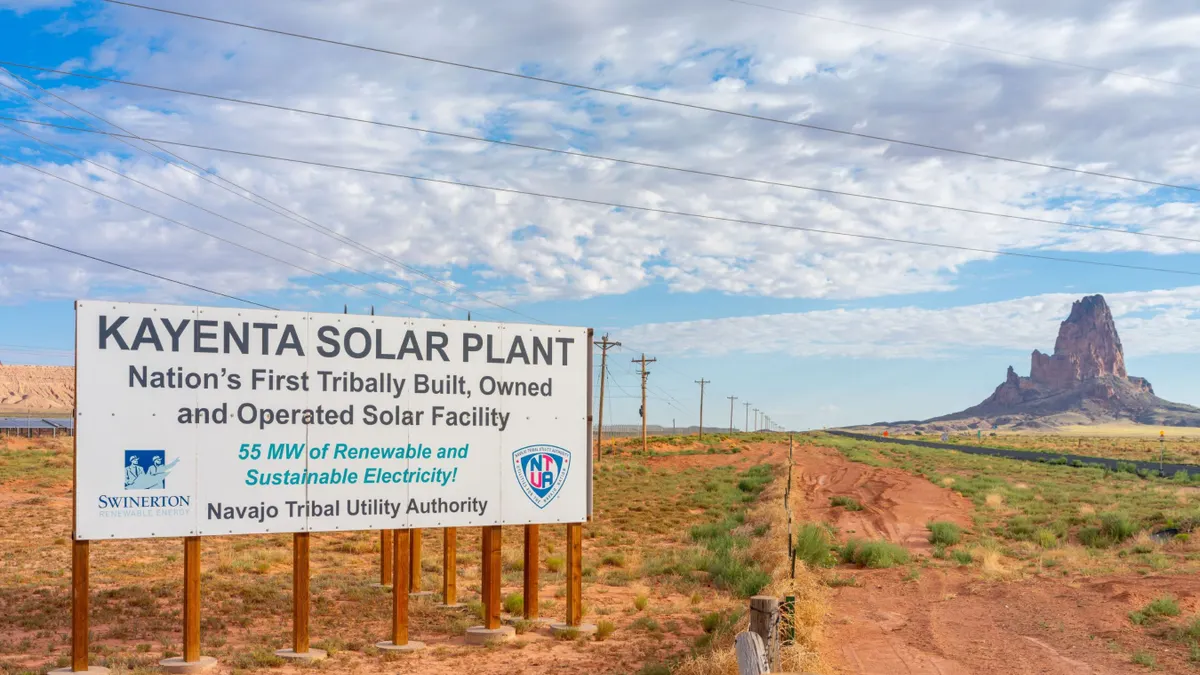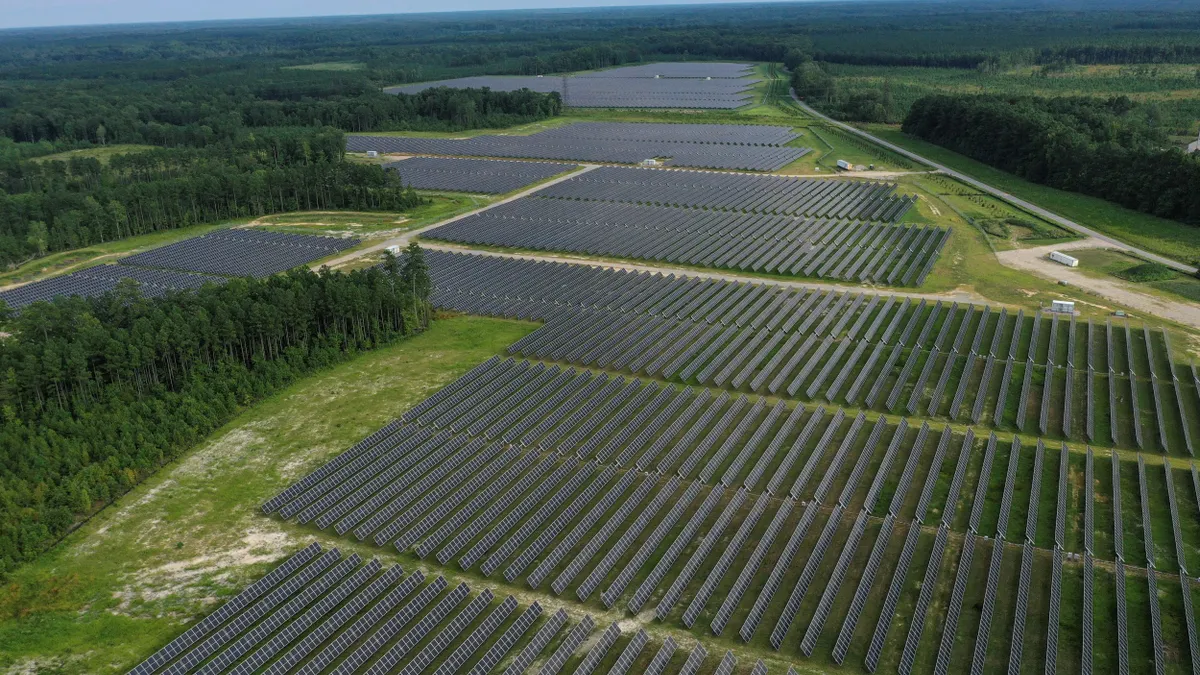The latest offshore wind solicitation from New York, announced Thursday, includes “novel” developer-friendly provisions like an expedited bid process and relaxed policy on termination fees, said two attorneys with K&L Gates.
“If you bid into this round and you have an existing contract, if you're awarded, your original contract terminates, you get the new contract, and there's no additional charge to you — no penalty put on it,” said Theodore Paradise, a partner at the firm who practices energy, infrastructure and resources law.
Conversely, if the existing developer on a lease is outbid, the capacity is simply re-awarded, Paradise said. He said this is “as positive as you could expect for developers,” who have paid up to around $50 million in cancelation fees when exiting contracts in the U.S.
Other states may take a cue from the precedent set by New York in this solicitation, said Felisa Sanchez, of counsel with K&L Gates’ maritime and finance groups.
“The climates in New Jersey, Massachusetts, and New York are all very different, but I do think it sets a precedent, and will set an expectation for the industry,” Sanchez said. “We've seen this through all the bid cycles — each one refines the prior one, they learn from the prior experiences, and you see that put into each award cycle.”
Paradise said that the process laid out by New York is “very expedited” and completely in line with the state’s vow to “move quickly.”
The New York State Energy Research and Development Authority had announced that bids in this solicitation are due Jan. 25, and it expects to award projects in February, then execute contracts in the second quarter of 2024.
Before the state’s fourth solicitation was announced, Executive Director of the Alliance for Clean Energy New York Anne Reynolds said that the group was waiting to see if the New York delivered on its promised expedited timeline for this submission process, and that the keeping of that promise would be an “excellent sign” that the state remains committed to offshore wind in spite of recent financial turmoil in the industry.
Several developers have sought to exit or rebid power purchase agreements as development costs surge due to inflation, rising interest rates, and other factors. Danish developer Ørsted announced last month the cancelation of its two largest U.S. projects, Ocean Wind 1 and 2 in New Jersey, which Gov. Phil Murphy, D, called “outrageous.”
However, Murphy last week directed the New Jersey Board of Public Utilities to launch the state’s fourth solicitation as well, which Paradise said he takes as a good sign.
“I think they’ve come off the initial view, and said, ‘We're all in’,” he said. “They see that, ‘Okay, this is economic issues, we get it — New York's pressing ahead, New England's pressing ahead.’”
Paradise said that Massachusetts, which had seen the “first developer signals” regarding the economic instability of existing contracts for projects in development, initially had a “pugilistic” back-and-forth between state agencies and developers in the press, but have since seen that the problem is a wider economic one.
“It's not that people don't want to build these projects,” he said. “And it's not that somebody's out there trying to walk back commitments they made and get a better deal. Things have really changed.”
This led to states including Massachusetts to allow developers to rebid contracts, but Paradise said he thinks the waiving of termination fees was an unprecedented option that occurred to New York after states had “more time and context” to examine the situation.
This trial-by-fire has led to other innovations, including a landmark multi-state procurement agreement between Massachusetts, Rhode Island, and Connecticut.
“We see [the three states] taking this as a do-over and saying, ‘Well, the first time we did it individually, but if we do this together, we can get bigger projects and spread the costs over more megawatts, reducing the cost for everybody,’” Paradise said. “So everybody's, I think, learning as they go.”























